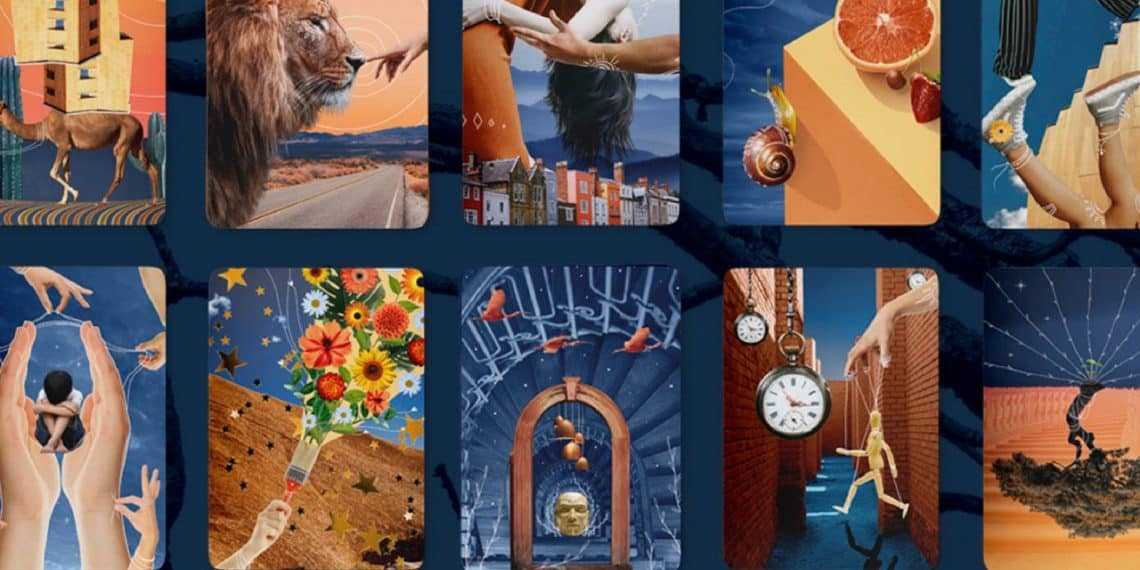The allure of luxury goods goes beyond their material value. Understanding the psychology behind luxury consumption helps decipher the intricate dynamics between luxury brands and consumers. This blog delves into the psychology of luxury, exploring the underlying factors that drive consumer behavior and aspirations in the world of high-end goods.
- Symbolic Meaning and Status: Luxury goods hold symbolic meaning, serving as status symbols that reflect social standing and success. The desire for luxury is rooted in the innate human need for recognition and esteem. Owning luxury items allows individuals to communicate their achievements, wealth, and discerning taste to others.
- Emotion and Pleasure: Luxury purchases are often driven by emotional factors. The anticipation, excitement, and pleasure derived from acquiring and owning luxury goods play a significant role in consumer behavior. Luxury brands meticulously craft their products and experiences to evoke positive emotions, creating a sense of delight and satisfaction.
- Self-Expression and Identity: Luxury products are a means of self-expression, allowing individuals to communicate their unique identity and personal style. Consumers seek luxury items that resonate with their values, aspirations, and desired image. By aligning with specific luxury brands, individuals define and reinforce their self-identity within society.
- Exclusivity and Scarcity: The allure of luxury lies in its exclusivity and scarcity. Limited editions, bespoke services, and invitation-only events create a sense of rarity and exclusivity. The desire to possess something that few others can drives consumer behavior, reinforcing the notion of luxury as a privileged and elite realm.
- Perceived Quality and Craftsmanship: Consumers associate luxury brands with exceptional quality and craftsmanship. The meticulous attention to detail, superior materials, and exceptional workmanship instill a sense of trust and confidence in luxury goods. Consumers perceive luxury items as long-lasting, valuable investments that signify their discerning taste and appreciation for fine craftsmanship.
- Aspirational Appeal: Luxury brands excel in creating aspirational narratives that tap into consumers’ desires for a better life. The allure of luxury lies in the promise of an elevated lifestyle, sophistication, and the embodiment of a certain ideal. Consumers are drawn to luxury as it represents a glimpse into the world they aspire to be a part of.
Understanding the psychology of luxury is crucial for luxury brands to connect with consumers on a deeper level. By decoding consumer behavior and aspirations, brands can craft compelling narratives, deliver exceptional experiences, and create products that resonate with individuals’ desires for status, self-expression, emotion, exclusivity, and craftsmanship. The psychology of luxury unveils the intricate relationship between consumers and luxury, shaping the future of the industry.








